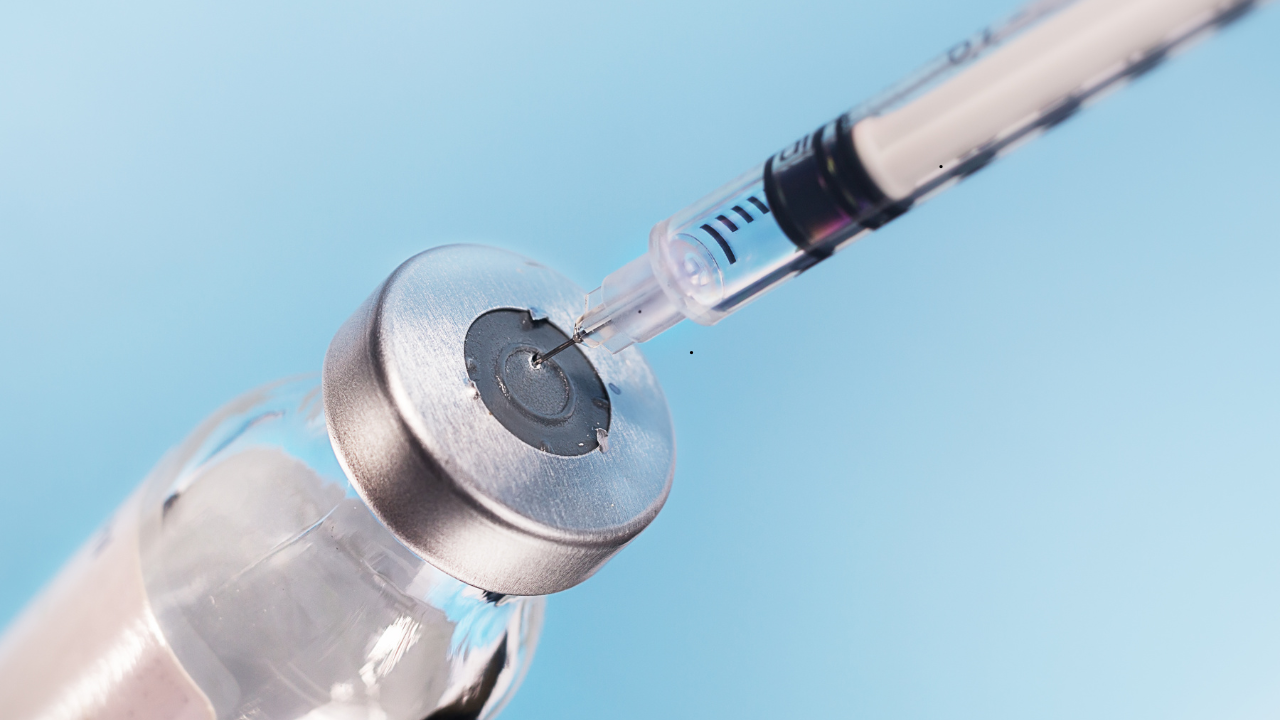NHS Approves Injection That Could Stop HIV

Credits: Canva
SummaryEngland and Wales will offer long-acting HIV prevention injections on the NHS for the first time, providing an alternative to daily PrEP pills. The cabotegravir jab, given every two months, offers convenience and discretion for those at high risk, aiming to help the UK eliminate new HIV cases by 2030.
End of Article
